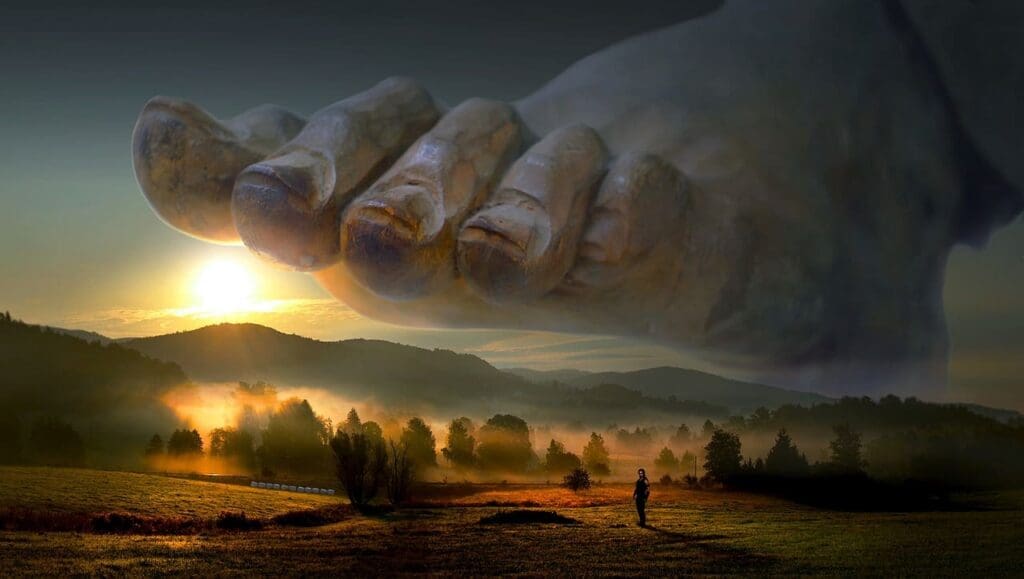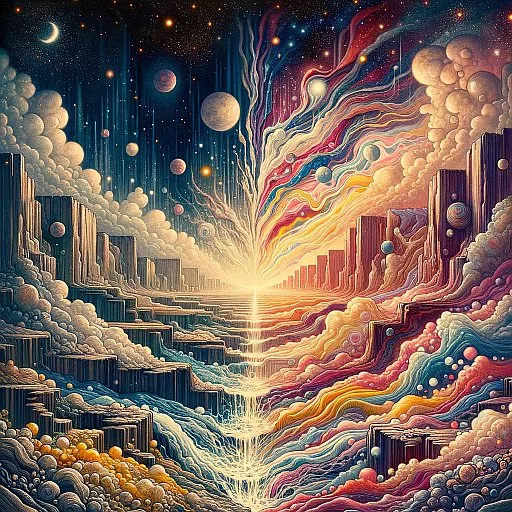I want to dream of a sleeping reality.
I want to make up a secret first,
And then steal it from it. While awake, I know,
memory is not needed:
Only the mystery is secret, the one
That unravels dreams, one by one,
Just before their withering.
I have mistaken reality. It is true,
But let it not continue to stare at me,
Dismayed, angry, stripped of verse,
For obscene logic,
Escaping among the stones, shimmering,
As a mercury tear, free.
Between sleep and drowsiness,
I will already be far away, like déjà-vu,
I will go out laughing.
Deposited for legal protection with Patamu: certificate
Video
Considerations about the will to power as formulated by Nietzsche
Nietzsche’s (1844 – 1900) concept of will to power is central to his philosophy, emphasizing the driving force behind human behavior and existence. According to Nietzsche, the will to power is the fundamental force that shapes individuals and society, driving them to strive for power, domination, and self-overcoming. This concept challenges traditional moral values and suggests that power and self-assertion are inherent aspects of human nature.
When we consider the idea of children as the most powerful beings, we can interpret it through the lens of Nietzsche’s will to power. Children show an innate drive for power in constantly exploring, learning, and asserting their needs and desires. They unapologetically demand attention, care, and resources, embodying a raw and primal form of will to power as they navigate their environment and relationships with others.

In Nietzsche’s philosophy, the will to power is not simply about physical strength or domination. Still, it encompasses the individual’s drive to realize his or her potential, overcome obstacles, and create his or her values and identity. In this sense, children can be seen as powerful beings in their relentless pursuit of growth and self-expression, embodying the essence of the will to power in its purest and most spontaneous form.
If you like this poem, you can always donate to support my activity! One coffee is enough!


